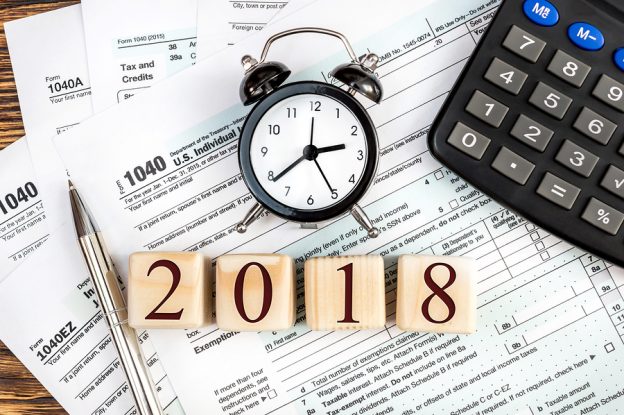
If you even slightly suspect that you should be submitting a tax return, you only have until January 31st to make HMRC’s deadline. Missing the deadline is a minimum fine of £100 and nobody wants to waste money on unnecessary penalties.
Do I need to fill in a tax return?
People who are paid through PAYE system, have savings and pension payments usually pay their income tax to HMRC automatically. But if you earn any money that is not already taxed, you need to check the amount and type of income below to see if you need to declare it on a self assessment tax return.
When you need to file a tax return:
- You are self employed, as a sole trader or partnership, and earn over £1,000
- You make over £10,000 through investments or savings
- You claim Child Benefit and earn more than £50,000 (or your partner earns over this amount)
- You hold a paid Company Director position
- You have income from abroad
- You make £2,500 that isn’t already taxed, such as commissions, tips or renting out property
HMRC has more details online, inlcuding there is a yes/no tool to help you work out if you need to submit a tax return.
Bear in mind that the 31st January 2019 online deadline is for your income during the financial year 6th April 2017 – 5th April 2018. You need to consider your financial circumstances during this period.
You are able to send a tax return on paper, but the deadline for this financial year was 31st October 2018. If you need to submit a self assessment tax return, your only option now is to do it online.
Tax free personal allowance
Most taxpayers are entitled to earn up to a certain amount before they have to pay any tax. This is called the tax free Personal Allowance. For the 2017-18 tax year, the Personal Allowance rate was set at £11,500. This means that you could earn £11,500 without having to pay any income tax.
You may calculate that your earnings were less than £11,500, but this doesn’t mean that you don’t have to submit a tax return. It does mean that you won’t owe any tax, which is great. You do still have to send your tax return by the deadline. HMRC still have to know what you earned, even if there is no income tax to pay.
How much tax will I have to pay?
Anything over £11,500, is taxed at a rate of 20%. Once you earned over £43,000 in 2017-18, you have to pay 40% income tax. These are the figures for the 2017-18 tax year and they change in the Budget every year.
Can I claim expenses on my tax return?
To work out your taxable income, you first deduct all allowable expenses. Self employed taxpayers can include all their allowable work expenses and business costs. You take this total away from your profit, giving you a smaller taxable profit figure and a smaller tax bill. This is part of the self assessment system and not in any way considered tax avoidance or evasion.
For PAYE employees if you have any expenses like capital allowances for tools they should be included on the employment page the expenses relate to.
If you think that you need to fill in a self assessment tax return for the 2017-18 tax year, you need to spring into action now. Especially if you have never filed a tax return before. Registering your intention to file usually requires at least 10 working days.







